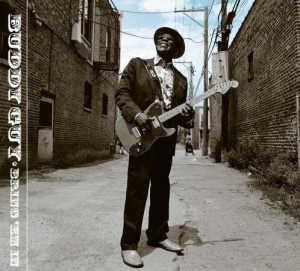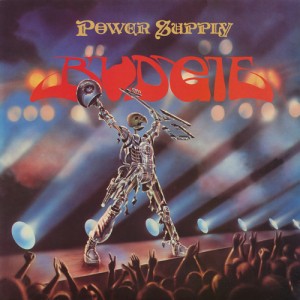THE CARDIGANS: SUPER EXTRA GRAVITY (2005)
1) Losing A Friend; 2) Drip
Drop Teardrop; 3) Overload; 4) I Need Some Fine Wine And You, You Need To Be
Nicer; 5) Don't Blame Your Daughter; 6) Little Black Cloud; 7) In The Round; 8)
Holy Love; 9) Good Morning Joan; 10) And Then You Kissed Me II.
I may be the only person left to like this
album, but even I have a hard time defending it — it's quite similar to the
previous one, but even slower, drearier, and (at least superficially) duller.
At least Long Gone Before Daylight
reinvented the band, for better or for worse; but Super Extra Gravity merely persists in that image, with yet another
series of dark personal broodings over not particularly impressive pop
melodies.
By this time, as we can already see from the
Roxy Music-influenced album cover, it's really all about Nina — if her charm
still works on you, you might forgive the uninventive arrangements and recycled
chord sequences; if it does not, Super
Extra Gravity will simply crush you to the ground, like it's supposed to,
and bore you to death with its depressive formula. Personally, I am a believer,
and I am still willing to take at
least some of these songs at face value and see them as deeply personal and,
occasionally, even unique artistic statements. But that's just me.
At the very least, ʻLosing A Friendʼ is a
beautiful tune, and it's all Nina, meticulously building up passion from the quiet,
pensive first verse to the tempestuous coda — she is a rare singer who can
package anger and desperation in one go, and that final "oh no, oh no, I'm losing you... oh look at you look
what you're wasting" is a perfect example of that double package. Instrumentally,
the tune is just nice — pretty guitars and keyboards, rough electric guitar
solo, everything tasteful but nothing too special. The voice part, however, is something
else.
The problem is that it's just one song, and
although Persson is consistently energetic and involved in these tunes, she
rarely gives us that much «character development», if I may be allowed to use a
stock banality. ʻI Need Some Fine Wineʼ, the first single from the album, once
again sounds like any other alt-pop guitar-based song ever written, and I do love the lady's sarcastic aggression
and all, but it is not enough to make the song really stick — unless the
"good dog, bad dog" metaphor somehow seems impressive to you, it's
just one more attempt to say something meaningful on the issue of complicated
personal relations between two ex-lovers. The second single, ʻDon't Blame Your
Daughterʼ, was even slower and preachier, and its accusatory spirit is wasted
on me; in fact, it sounds whiny, and
that's never a good thing.
In fact, the worst thing with this record is
that I simply have no wish to discuss any of the individual tunes. I still
like how it all sounds (a very nice balance between acoustic and electric
guitars, atmospheric electronics, natural percussion, etc.), I like to hear the
sound of Persson's voice, always so reliable and so deep-reaching, and I can
understand how they would want to put «soul» and «depth» before experimentation
and unique personality, but the songs are simply not good enough to merit
discussion.
To the best of my knowledge, the album was not
intended as a swansong, and, in fact, after a long break the Cardigans
eventually came back together in 2012, even if they have yet to write or record
anything new. But maybe they needn't, because Super Extra Gravity does work well as a swan song — in fact, that is
probably the only capacity in which it works well, by letting us understand
that the band has nothing left to say (there's even a song called ʻAnd Then You
Kissed Me IIʼ!), even if it still has enough strength to say it with grace and
dignity. It was a jolly good ride, though — through at least three different
stages of existence, all of which had their own charms, with not a single
genuine stinker in the lot. Then again, I guess 10-12 years is close to the optimal limit for a good
band before it stagnates or goes artistically bankrupt, so here's hoping that
these clever Swedes take their cue from their ABBA compatriots, and won't ruin
it with their latter-day equivalent of something like Sur La Mer.














